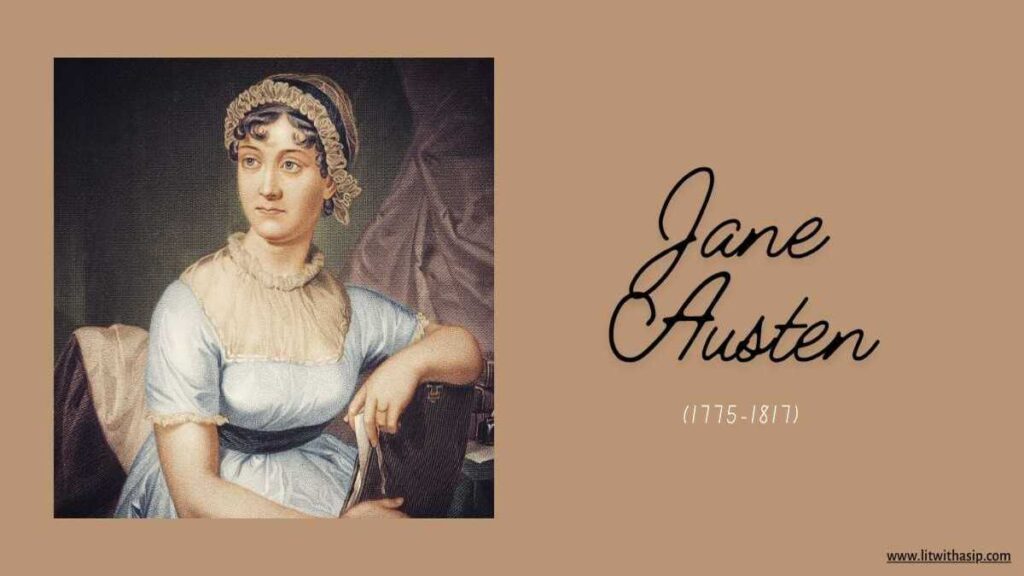Black History has always had an impactful presence in Literature. It not only enriches the cultural landscape but also offers profound insights into the struggles, triumphs, and resilience of Black individuals and communities. Through storytelling, Black authors have challenged societal norms, advocated for justice and equality, and preserved the rich heritage and diverse experiences of Black people across different eras and regions.
Black history novels offer a unique lens through which to explore the complexities of the Black experience. Rooted in the lived realities of oppression, resistance, and resilience, these narratives provide a platform for marginalized voices to be heard and understood. They often delve into themes of identity, heritage, and the quest for social justice, capturing the nuances of Black life and culture with authenticity and depth.
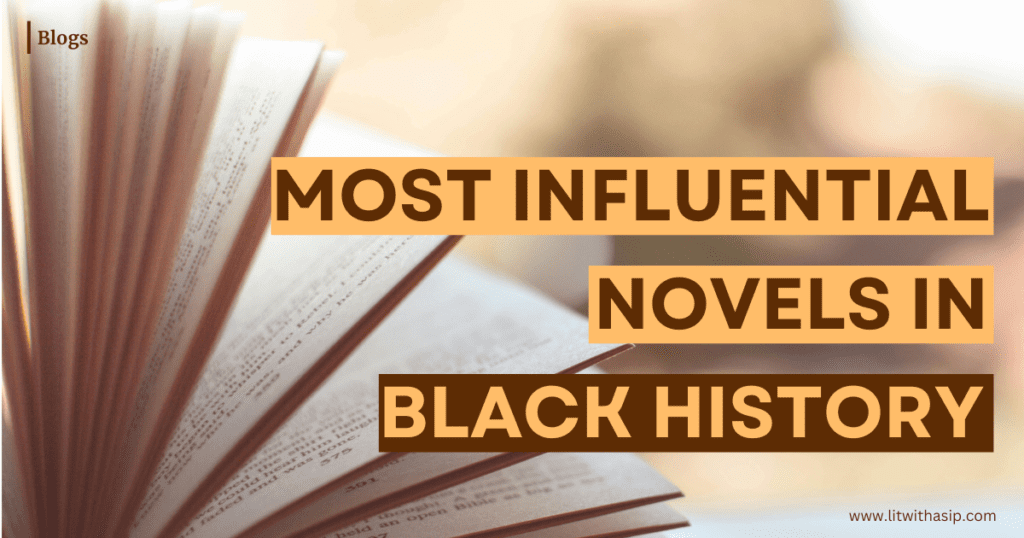
The following are some of the most influential novels in Black history, each making significant contributions to literature, culture, and social awareness:
“12 Years a Slave” by Solomon Northup (1853)
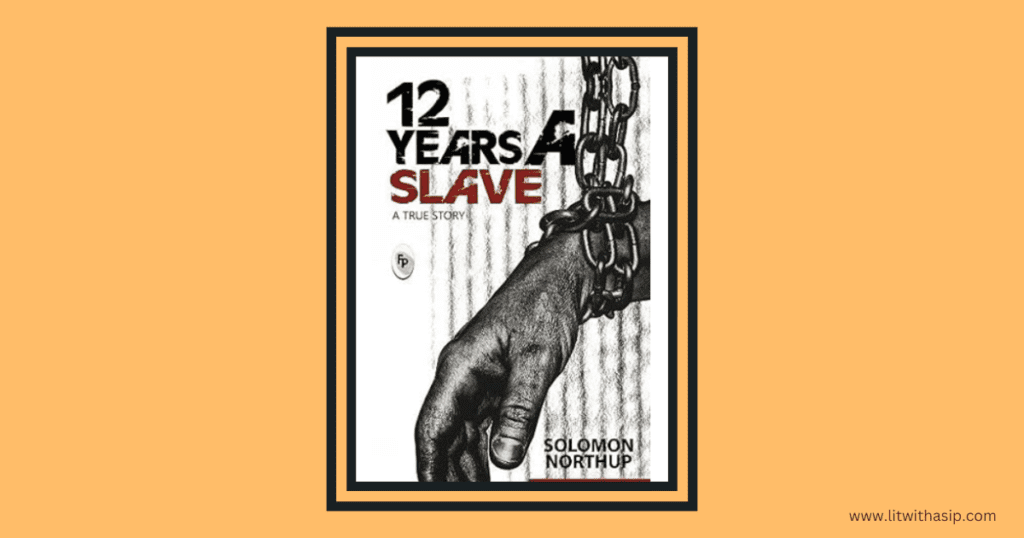
Also adapted into a movie, ‘12 Years a Slave’ is an 1853 novel by Solomon Northup that is autobiographical. It stands as a poignant testament to the brutality and resilience of the human spirit in the face of slavery. Northup was born a free man in New York State but destiny has something else decided for him, majorly because he was black. In 1841, he was kidnapped and sold into slavery, spending twelve years enslaved before regaining his freedom. This showcases how, even though you try so hard to be free, racial differences will potentially pull you back.
The narrative recounts Northup’s experiences during his slavery period, offering a firsthand account of the brutality and dehumanization of the concept. It also provides a chillingly vivid portrayal of the horrors endured by millions of African Americans during this dark chapter in American history. Through his narrative, Northup not only exposes the physical and psychological torment inflicted upon enslaved individuals but also sheds light on the complexities of identity, freedom, and the enduring quest for justice.
“To Kill a Mockingbird” by Harper Lee (1960)
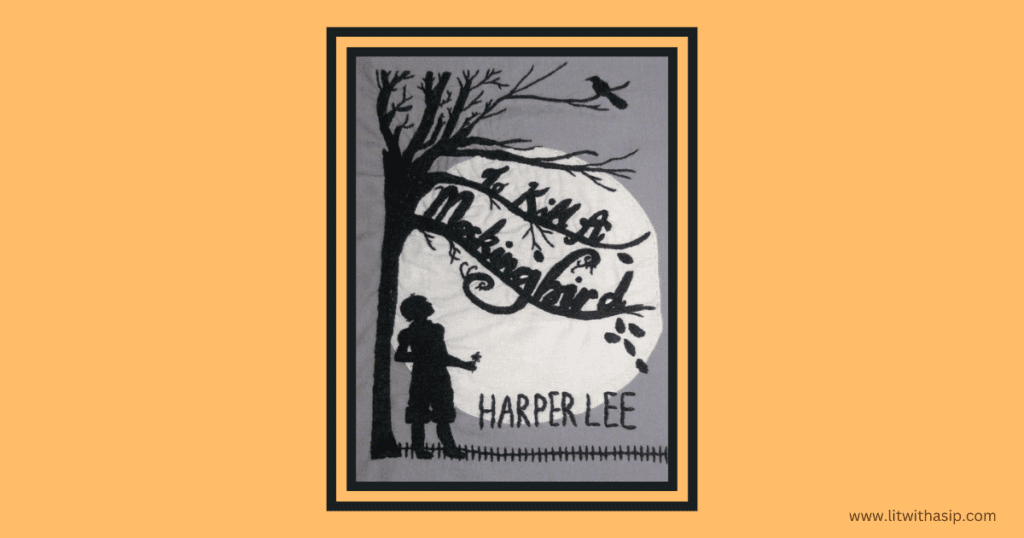
“To Kill a Mockingbird” by Harper Lee is a seminal novel published in 1960, drawing from the author’s own experiences growing up in the racially segregated South. Through the eyes of young Scout Finch, the novel offers a poignant exploration of racial injustice and moral growth in the American South during the 1930s. Atticus Finch, Scout’s father and a principled lawyer, embodies the novel’s central themes of empathy and moral integrity as he defends a falsely accused Black man, Tom Robinson, in a racially charged trial.
Set against the backdrop of the Great Depression, “To Kill a Mockingbird” exposes the deep-rooted racism and prejudice prevalent in society while also celebrating the resilience of the human spirit in the face of adversity. This novel was also made into a movie later in 1963.
The narrative of the novel not only confronts the harsh realities of racial injustice but also delves into the complexities of identity, empathy, and the search for understanding. Through Scout’s journey from innocence to awareness, the novel challenges readers to confront their prejudices and to strive for a more just and compassionate society. As a timeless classic of American literature, “To Kill a Mockingbird” continues to resonate with readers of all ages, reminding us of the enduring importance of standing up for what is right, even if the opposition is stronger.
“I Know Why the Caged Bird Sings” by Maya Angelou (1969)
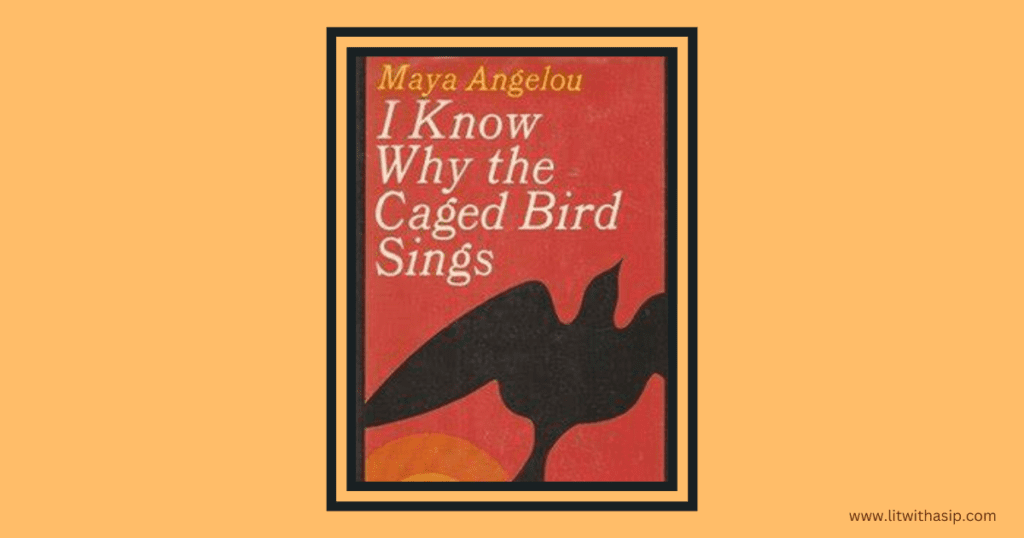
Again, an autobiography by a black woman writer, Maya Angelou, ‘I Know Why the Caged Bird Sings’ is one of the most impactful novels in Black History. It chronicles the early years of the author’s life which has been full of psychological, physical, and mental plights. Set against the backdrop of the Jim Crow South, Angelou’s narrative explores themes of racism, trauma, and overcoming such battles with raw honesty and profound insight. The title is drawn from a poem by Paul Laurence Dunbar, symbolizing the constrained freedom and longing for liberation experienced by African Americans.
Through vivid storytelling and lyrical prose, Angelou recounts her tumultuous childhood, marked by poverty, abuse, and racial discrimination. Despite facing numerous challenges, including being sexually assaulted at a young age, Angelou finds solace and strength in literature, music, and her indomitable spirit. Her journey toward self-discovery and empowerment serves as a testament to the human capacity for survival and triumph over adversity.
‘I Know Why the Caged Bird Sings’ is more than just a personal memoir; it is a powerful indictment of the social injustices and cultural taboos that Angelou and countless others endured. By sharing her story with unflinching honesty and resilience, Angelou invites readers to confront uncomfortable truths about race, identity, and the legacy of trauma.
“The Color Purple” by Alice Walker (1982)
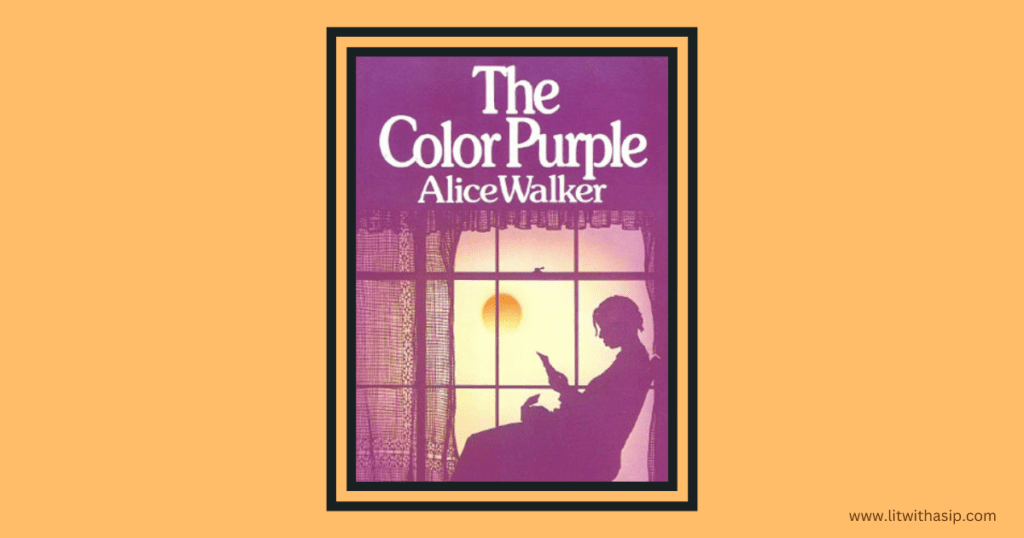
Partially epistolary, Alice Walker’s ‘The Color Purple’ explores the intersecting lives of African American women in the early 20th-century American South. Through the voice of Celie, a young Black woman who faces oppression and abuse from a young age, Walker weaves a rich tapestry of resilience, sisterhood, and self-discovery. The novel address’s themes of race, gender, sexuality, and power dynamics within the context of a racially segregated and patriarchal society.
Making an important part of women’s literature, this novel is set in the backdrop of rural Georgia. It vividly portrays the struggles and triumphs of its characters as they navigate the complexities of love, family, and personal liberation. Through Celie’s intimate letters to God and her sister Nettie, Walker provides a poignant glimpse into the inner lives of marginalized women, challenging societal norms and celebrating the strength of the human spirit.
The book is not only a literary masterpiece but also a powerful testament to the resilience and endurance of Black women in the face of adversity. By giving voice to the silenced and marginalized, Walker invites readers to confront uncomfortable truths about race, gender, and power dynamics while offering a message of hope, healing, and empowerment.
“Beloved” by Toni Morrison (1987)
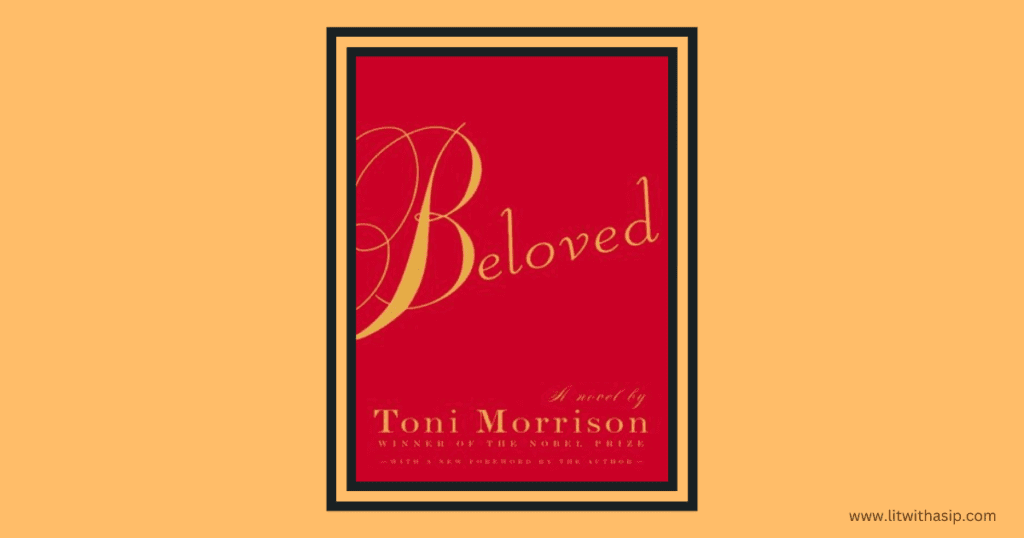
‘Beloved’ by Toni Morrison, published in 1987, is a haunting and powerful novel that talks about the legacy of slavery and its profound impact on individuals and communities. Set in the years following the American Civil War, the novel centers on Sethe, a former slave who escaped to freedom but continues to be haunted by the trauma of her past. When a mysterious young woman named Beloved enters Sethe’s life, long-buried secrets and painful memories resurface, forcing Sethe to confront the horrors she endured and the choices she made to survive.
Morrison’s lyrical prose and innovative narrative structure create a visceral and immersive reading experience, blurring the lines between past and present, reality and memory. Through vivid imagery and rich symbolism, the novel explores themes of memory, identity, and the search for belonging in a society still grappling with the legacies of slavery and oppression.
‘Beloved’ is often considered more than just a work of fiction; it is a searing indictment of the dehumanizing effects of slavery and a powerful testament to the victorious human spirit as opposed to overwhelming cruelty. The portrayal of this struggle is uncompromising, prompting important conversations surrounding race, trauma, and the ongoing quest for justice and healing. By studying these texts or even reading through the stories delineated in them, we can understand the long-sufferings that black lives have been prone to. TheseBlack History novels do not only elucidate these struggles but also invoke respect in readers’ hearts about the plights of black people. At the same time, these books offer scope for inclusion of all communities, love for humanity, and peace as we go by.

Jennis Jacob, a passionate literary enthusiast in her 20s, is a writer and poet. With eight years of experience in literature, she is currently a master in English and finds inspiration in Womanist, American, and Indian Partition Literatures. Her works have appeared in anthologies such as ‘Carved Words Of Creative Minds’ and ‘100 Splendid Voices,’ and she is working on upcoming books. Through LitWithASip, she aims to ignite a love for literature and empower individuals to embrace their true selves.

